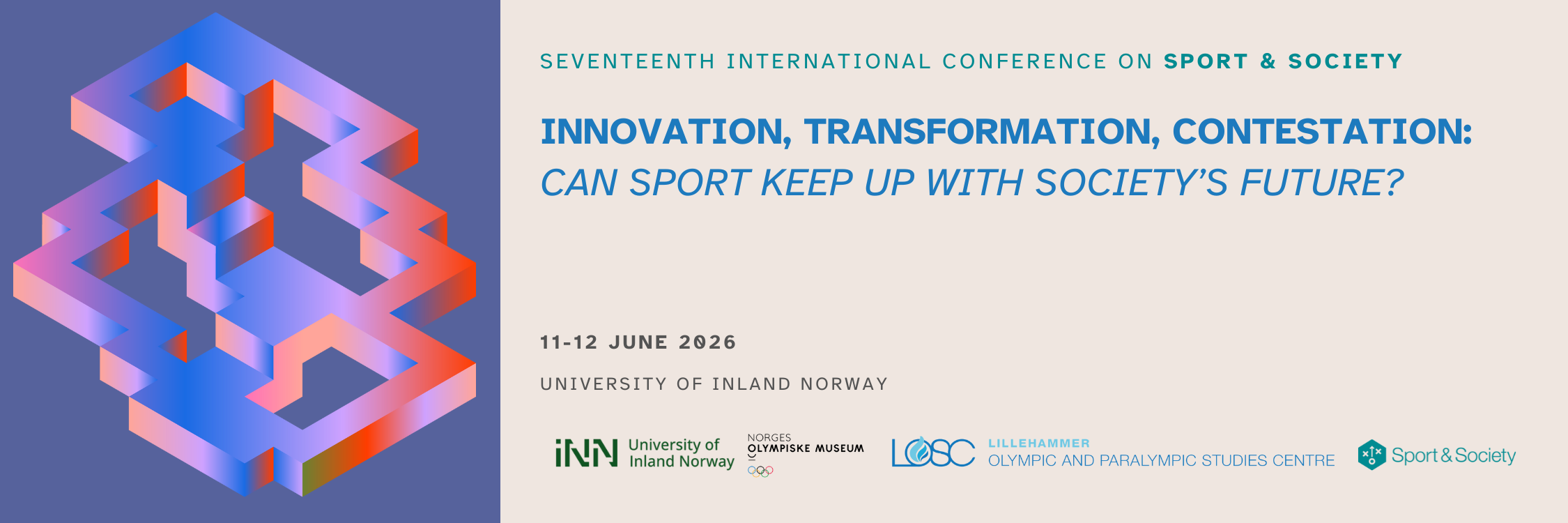Abstract
The Olympic Games have long served as a global stage reflecting broader societal debates on inclusion and exclusion. Gender equality within the Games has evolved from outright prohibition of female athletes to contemporary debates on gender identity and classification. Despite significant progress, disparities in participation, representation, and access persist. My research examines the structural barriers, cultural resistance, and the broader implications of gendered categories in sports. We developed a global evidence-based model to explain the inclusion and exclusion of women in Olympic sports. Key questions include: How did the participation (in numbers and categories) evolve? What are the underlying justifications for maintaining separate gender categories in sports, and how do they intersect with debates on fairness and inclusion? To what extent do gender-identification controversies reflect broader discussions on the exclusion of women in elite sports? The study engages with interdisciplinary perspectives from history, social sciences, and political theory to analyze gendered participation in the Olympics. It critically examines institutional biases, such as the exclusion of women from endurance events, the imposition of dress codes, and the policing of gender boundaries in cases like Caster Semenya. By tracing the historical trajectory of gender inclusion in the Olympics, this study highlights the paradoxes of “separate but equal” categories in sports. The findings contribute to ongoing policy discussions within the International Olympic Committee and broader debates on gender justice in sports.
Presenters
Oonk GijsbertProfessor, Erasmus School of History Culture and Communication, Erasmus University, Netherlands
Details
Presentation Type
Paper Presentation in a Themed Session
Theme
Sporting Cultures and Identities
KEYWORDS
Gender, Identity, Olympic Sports, History

